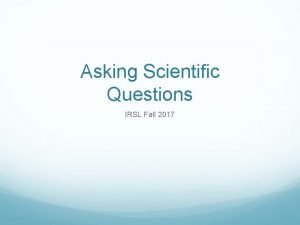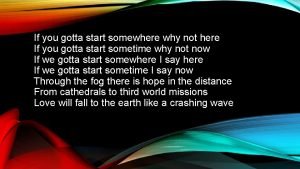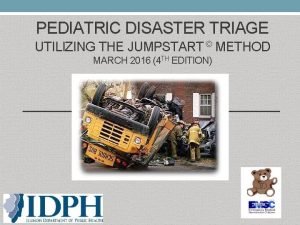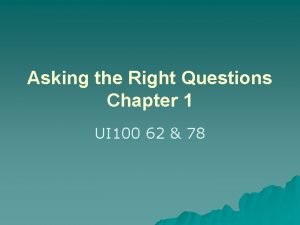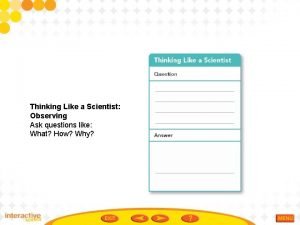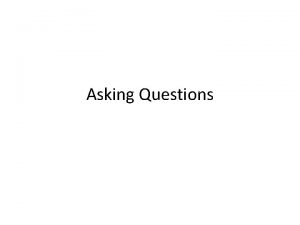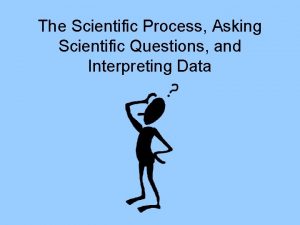Asking Scientific Questions Where to start Scientific questions







- Slides: 7

Asking Scientific Questions Where to start

Scientific questions: • Are specific and concrete • Direct a scientific inquiry • Are answered through analysis of information that is collected through observation (monitoring, experimentation, modelling) • Scientific inquiry is not used to answer questions about values or morality or ethics or the supernatural. Scientific questions direct a process through which we quantify, compare, and correlate measurable features of the natural world

Quantify: Describe (using numbers) features of one sample or a group of samples. • The features must be measurable (size, duration, frequency, temperature, location, height, speed, chemical load etc…) • We call these features “variables” Example Questions: What is the concentration of mercury in this population of salmon? How many sockeye salmon returned to spawn in the Fraser River in 2019? How long do Sockeye spend in salt water before returning to spawn?

Compare: Compare one or more variables measured in different samples or different groups of samples. • Commonly, the average (mean) and standard deviation are used to describe the distribution of a variable within a group Example Questions: At one location, how has the timing of the spring budburst* changed since first measurements? What regions on Earth (polar, temperate or tropical) have experienced the largest change in annual temperature since 1870? * The opening of plant buds

Correlate: Investigate the relationship between two variables measured in a sample or group of samples. • Correlation does not imply causation. Causation is investigated specifically through the methods chosen to answer a question. Example Questions: How does winegrape yield vary with summer temperature? How does winegrape yield vary with the number of frost free days? How does winegrape yield vary with the timing and amount of daily precipitation?

Science and Society While watching the following video note one challenge / problem that is mentioned. After watching the video you will be asked to: 1) Write down one challenge that is mentioned ( 1 – 3 sentences) 2) Write down a scientific question that addresses this challenge

Summarizing Challenges and Asking Scientific Questions In your small groups: • One by one, share the challenge you identified and the question you asked. • Discuss the types of questions you are asking and ways to make the questions more specific. • Write your revised question down
